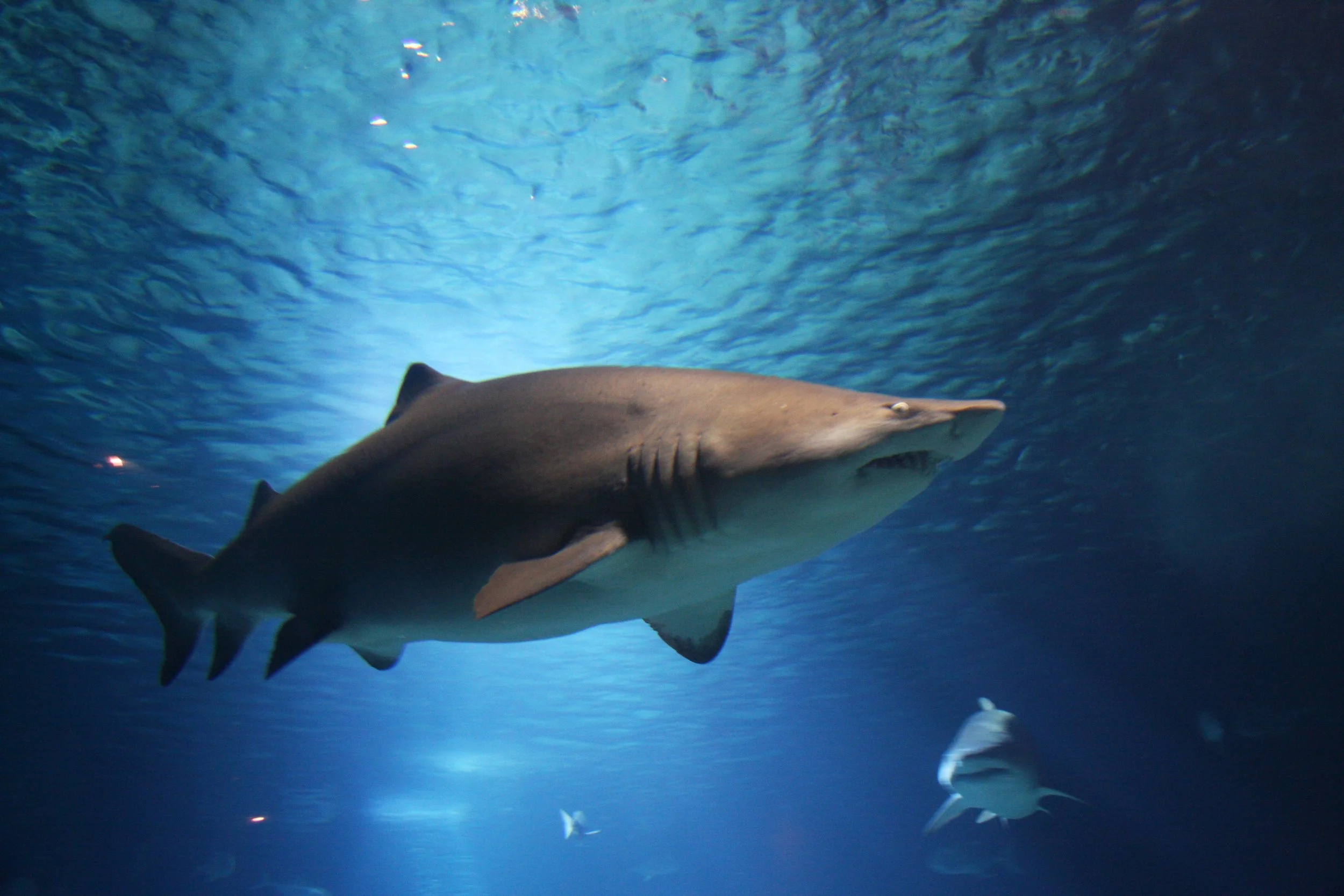Beyond Jaws: How a Movie Shaped Misconceptions About Sharks and Ocean Conservation
In 1975, a cinematic masterpiece hit the screens, forever altering perceptions about the ocean's apex predator: sharks. "Jaws," directed by Steven Spielberg, captivated audiences worldwide with its thrilling narrative. However, beyond its entertainment value, the film unwittingly sparked negative repercussions, shaping misconceptions about sharks and influencing public attitudes towards ocean conservation and our interaction with the marine world.
The Jaws Effect: Fueling Fear and Misunderstanding
"Jaws" portrayed sharks as relentless man-eaters, lurking in the depths, ready to strike at unsuspecting swimmers. The movie's dramatic portrayal instilled a deep-seated fear of sharks in the public psyche, painting them as ruthless killers rather than vital components of ocean ecosystems. This fear has persisted for decades, influencing how people perceive and interact with these magnificent creatures.
Sharks in Peril: The Unintended Impact on Conservation Efforts
The cultural phenomenon created by "Jaws" had a detrimental effect on shark populations. As fear of sharks increased, so did a misguided sense of justification for their widespread slaughter. Fishermen embarked on shark hunting sprees, considering them a menace that needed eradication. Consequently, shark populations dwindled, imperilling these ancient creatures crucial for maintaining ecological ocean balance.
Strained Relationship with the Ocean: Fear Versus Conservation
The influence of "Jaws" extended beyond just sharks. The film triggered a shift in public perception of the ocean itself. It reinforced the idea of the ocean as a realm of danger rather than a vast, awe-inspiring ecosystem teeming with life. This perception hindered efforts to promote ocean conservation, as fear overshadowed the urgent need to protect and preserve marine environments.
Correcting Misconceptions: The Reality of Sharks and Ocean Conservation
Contrary to the portrayal in "Jaws," sharks are not mindless predators on a perpetual hunt for human prey. They play a crucial role in maintaining the health of marine ecosystems by regulating prey populations and ensuring biodiversity. Additionally, our oceans are not merely a domain of fear; they are diverse, wondrous ecosystems that deserve our protection and respect.
Embracing Change: The Evolution of Public Perception
Over the years, efforts by scientists, conservationists, and filmmakers have sought to change public perceptions about sharks and the ocean. Documentaries, educational campaigns, and ecotourism initiatives aim to highlight the importance of sharks in their ecosystems and emphasise the need for ocean conservation. Slowly but surely, these efforts are reshaping public attitudes towards these magnificent creatures and the oceans they inhabit.
Moving Forward: Championing Ocean Conservation and Understanding
As we reflect on the impact of "Jaws," it's essential to recognise the power of media in shaping perceptions and the responsibility it carries. We can combat fear-based narratives and promote a more balanced perspective by fostering a deeper understanding of sharks and the ocean. Embracing sustainable practices, supporting conservation efforts, and encouraging a harmonious relationship with the ocean is pivotal for ensuring a thriving marine world for future generations.
Beyond the Movie: Rediscovering Our Connection to the Sea
"Jaws" may have left an indelible mark on popular culture, but redefining our relationship with the ocean is within our grasp. Let's acknowledge the vital role of sharks in marine ecosystems and work towards a future where fear gives way to admiration and conservation becomes an inherent part of our interaction with the oceans. Together, let's navigate towards a world where our understanding of sharks and the ocean fosters respect, appreciation, and stewardship for the marine realm.
